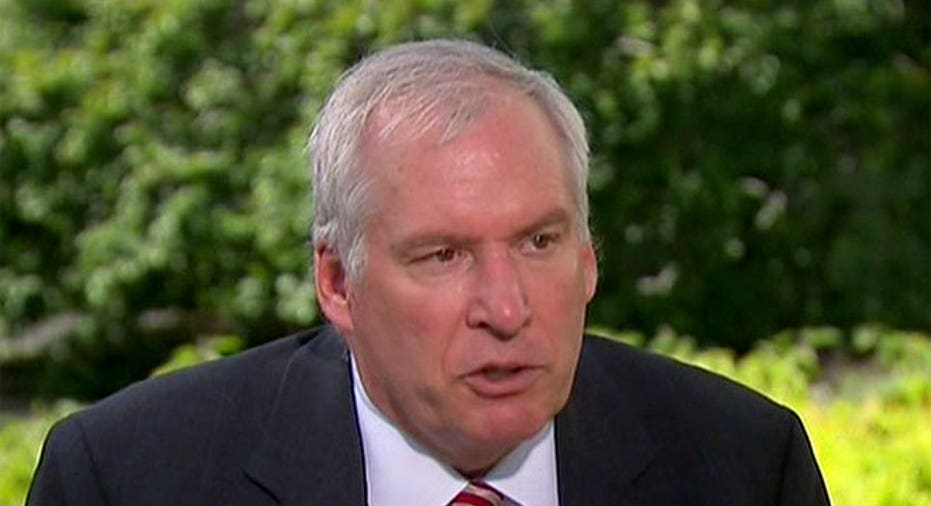Boston Fed Warns of Interest-Rate 'Trade-Off'

The Federal Reserve may be nearing an uncomfortable trade-off between what it wants to do for the economy and what needs to be done to achieve stability in the financial market, Federal Reserve Bank of Boston President Eric Rosengren warned on Wednesday.
While Mr. Rosengren didn't offer any specific comments about what he wants to do with the Fed's short-term interest rate target, he did say that developments in commercial real estate could become problematic should the broader economy run into trouble. He said that sort of concern could impact what the Fed does with rate policy now.
"Very low interest rates may move the economy closer to the central bank's dual mandate goals more quickly than would higher interest rates, but it is important to evaluate 'at what cost,' " Mr. Rosengren said in the text of a speech to be delivered in Beijing.
"When the economy is close to achieving the dual mandate--as the U.S. economy is now--very low rates may cause the economy to attain and exceed sustainable employment, risking greater imbalances that could negatively impact the economy in the future," Mr. Rosengren said.
The Fed can temper those sorts of risks even though it might hamper its efforts to get Americans back to work and inflation back up to the 2% increase officials favor, Mr. Rosengren said.
"A somewhat faster move to rate normalization may defer somewhat how quickly we achieve the dual mandate goals of full employment and price stability, but could reduce the risk of a larger divergence from the dual mandate in the next downturn," he said.
Mr. Rosengren isn't currently a voting member of the rate-setting Federal Open Market Committee. He spoke in the wake of a wave of public commentary from U.S. central bankers, including Chairwoman Janet Yellen, the bulk of which suggest the Fed is getting closer to the next increase in what is now a 0.25% to 0.50% overnight target rate range.
Mr. Rosengren has long been one of the central bankers most supportive of keeping rates very low. But in a series of recent remarks he has chided financial markets for underestimating what he sees at the likely path for rate rises. His latest warning now centers on the commercial real-estate sector, which is booming in part because very low and in some cases negative interest rates in much of the developed world are driving investors to seek higher-yielding returns.
The policy maker didn't call the commercial real-estate sector a bubble. But he said the lofty heights it now occupies could create risks in a new downturn.
"Should prevailing economic conditions change in response to a large negative economic shock, commercial real-estate prices could decline relatively quickly, leading to large losses at leveraged firms," he said. "Commercial real-estate problems can increase the amplitude of distress during an economic downturn," he said.
Ultimately, "financial stability concerns could be a consideration in how long policy makers wait before resuming the gradual removal of monetary accommodation," Mr. Rosengren said.
The policy maker said the Fed has done the "appropriate" thing to be patient with monetary policy. He also said the U.S. is "closing in on full employment and edging closer" to the 2% price target, which means the Fed's legal mandate "is likely to be achieved relatively soon."
Write to Michael S. Derby at michael.derby@wsj.com



















